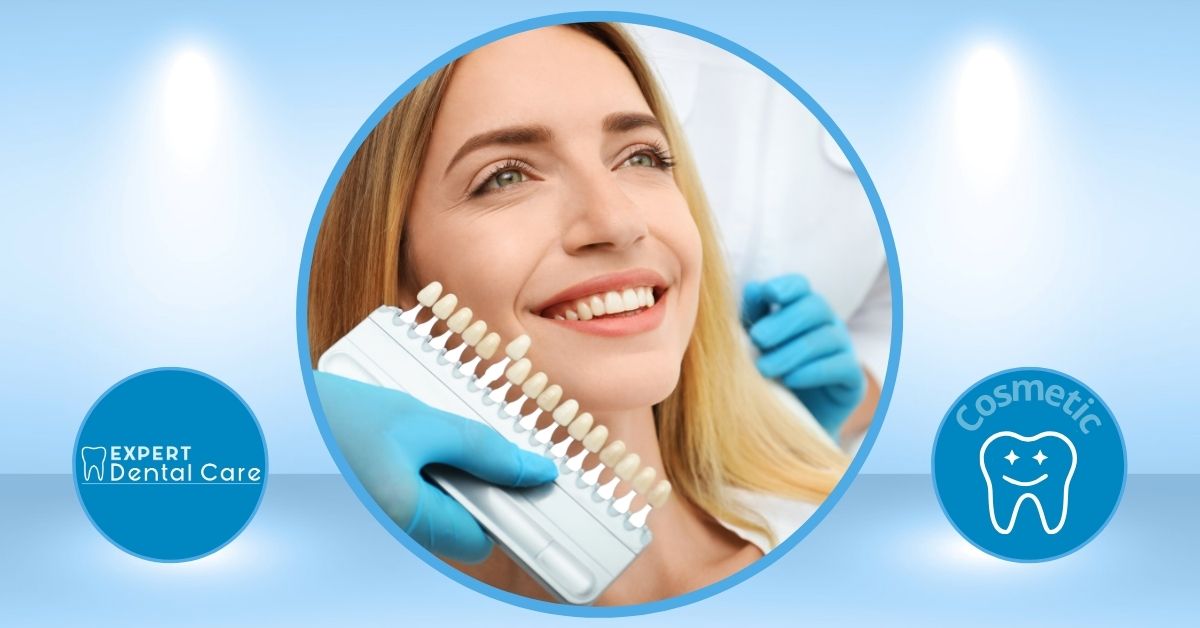Here is the list of the Top Cosmetic Dentists in Dallas city, USA.
Dallas County, TX
Dallas County, TX
Dallas County, TX
Texas
Texas
Florida
Colorado
Alabama
Dallas
Dallas
Dallas
Is cosmetic dentistry healthy?
Cosmetic dentistry has gained immense popularity over the past few decades, as individuals seek to enhance their smiles and overall appearance. However, the question of whether cosmetic dentistry is healthy encompasses various dimensions, including its effects on oral health, psychological benefits, and potential risks. This article delves into these aspects to provide a comprehensive understanding of the health implications associated with cosmetic dental procedures.
Understanding Cosmetic Dentistry
Cosmetic dentistry refers to a range of dental procedures aimed primarily at improving the aesthetics of a person’s smile. While many cosmetic treatments can also enhance oral health, the primary focus remains on appearance. Common procedures include:
- Teeth Whitening: A popular method for removing stains and discoloration.
- Veneers: Thin shells placed over teeth to correct imperfections.
- Bonding: A procedure that involves applying a tooth-colored resin to repair chips or gaps.
- Invisalign: Clear aligners used to straighten teeth without traditional braces.
- Crowns: Caps placed over damaged teeth to restore their shape and function.
The Health Benefits of Cosmetic Dentistry
1. Improved Oral Health
Many cosmetic procedures can lead to better oral hygiene. For instance, straightening misaligned teeth with orthodontics can reduce the risk of cavities and gum disease by making it easier to clean teeth effectively. Properly aligned teeth are less likely to trap food particles, which can lead to decay and other oral health issues.
2. Enhanced Motivation for Dental Care
Undergoing cosmetic dental treatments often motivates individuals to maintain their oral health more diligently. After investing in their smiles, patients may be more inclined to adhere to regular dental check-ups and improve their daily hygiene routines. This heightened awareness can lead to long-term benefits, reducing the likelihood of serious dental issues.
3. Psychological Benefits
The psychological impact of a beautiful smile should not be underestimated. Many individuals report increased self-esteem and confidence following cosmetic procedures. This boost in self-image can lead to improved social interactions and overall well-being. Smiling more often has been linked to better mental health outcomes, as it encourages positive feelings and reduces stress.
4. Youthful Appearance
Cosmetic dentistry can significantly enhance one’s appearance, making individuals look younger. Procedures like teeth whitening or veneers can restore the brightness of one’s smile, which often fades with age due to staining or wear. A youthful smile not only improves aesthetics but also contributes positively to how others perceive you.
Potential Risks Associated with Cosmetic Dentistry
While there are numerous benefits, it is essential to consider the potential risks involved with cosmetic dentistry.
1. Teeth Sensitivity
One common side effect of certain cosmetic procedures, especially teeth whitening, is increased sensitivity. Patients may experience discomfort when consuming hot or cold foods and beverages post-treatment. It’s crucial for individuals considering whitening options to consult with their dentist about suitable methods that minimize sensitivity risks.
2. Permanence of Procedures
Many cosmetic treatments are irreversible. For example, once enamel is removed for veneers or crowns, it cannot be restored. Patients must carefully weigh their options and ensure they are fully committed before proceeding with such treatments.
3. Cost Considerations
Cosmetic dentistry can be expensive, often not covered by insurance plans. Procedures like veneers or orthodontics can cost thousands of dollars, which may deter some individuals from pursuing necessary treatments. Financial planning is essential for those considering these enhancements.
4. Infection Risks
As with any medical procedure, there is a risk of infection following surgery or invasive treatments like implants. Proper aftercare and adherence to dental hygiene practices are critical in mitigating these risks.
Safety Measures in Cosmetic Dentistry
To ensure that cosmetic dentistry remains a safe option for patients, several measures should be considered:
1. Choosing Qualified Professionals
It is vital for patients to seek treatment from licensed and experienced cosmetic dentists who adhere to strict safety standards. This helps minimize risks associated with improper techniques or materials.
2. Comprehensive Dental Assessments
Before undergoing any procedure, a thorough dental evaluation is essential. Dentists should assess overall oral health and identify any underlying conditions that might complicate treatment outcomes.
3. Patient Education
Educating patients about potential risks and realistic outcomes is crucial for informed decision-making. Dentists should provide clear information regarding what each procedure entails and what patients can expect during recovery.
Conclusion
In summary, cosmetic dentistry offers numerous health benefits alongside its aesthetic advantages. Improved oral health, enhanced self-esteem, and a youthful appearance are compelling reasons for individuals to consider these procedures. However, potential risks such as sensitivity, permanence of treatments, costs, and infection must also be taken into account.Ultimately, when performed by qualified professionals in a safe environment, cosmetic dentistry can contribute positively not only to one’s smile but also to overall health and well-being. Individuals considering these procedures should engage in open discussions with their dentists about their goals and concerns to make informed choices that align with their health needs and personal aspirations.e key components in ensuring lasting dental health and avoiding complications related to untreated tooth decay.By prioritizing dental care and seeking treatment when necessary, individuals can preserve their smiles while minimizing discomfort associated with decayed teeth.

